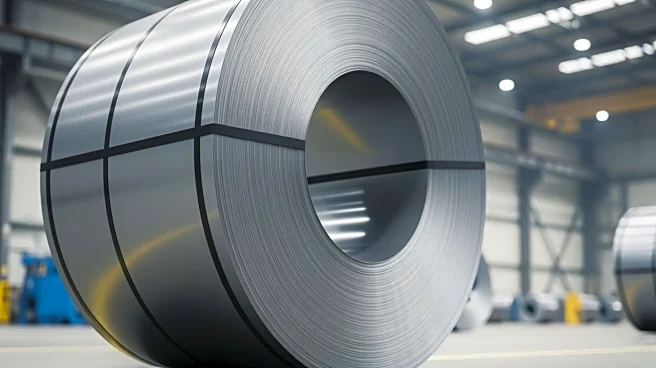What's Happening?
The COP30 climate summit in Brazil has entered overtime negotiations after the European Union blocked a proposed deal, citing concerns that it would not sufficiently advance efforts to curb greenhouse gas emissions. The summit, attended by nearly 200
nations, was initially scheduled to conclude on Friday but has been extended due to the impasse. The Brazilian presidency is working to find a compromise acceptable to all parties. The draft deal includes a call to triple financing for developing nations to adapt to climate change by 2035, but the EU demands stronger clauses on emissions reduction.
Why It's Important?
The extended negotiations at COP30 highlight the complexities of international climate agreements, especially in the absence of major players like the United States. The EU's objections underscore the challenges in balancing financial support for developing nations with commitments to reduce emissions. The outcome of these talks could significantly impact global climate policy, influencing how countries approach emissions reduction and financial aid. A successful agreement could accelerate global efforts to combat climate change, while a failure to reach consensus may stall progress.
What's Next?
Negotiators will continue to seek a compromise that addresses the EU's concerns while maintaining support from other nations. The focus will likely be on strengthening commitments to emissions reduction and ensuring adequate financial support for developing countries. The outcome of these talks could set the tone for future climate summits and influence international climate policy. Stakeholders, including environmental groups and government leaders, will closely monitor the negotiations, potentially advocating for stronger climate action.
















